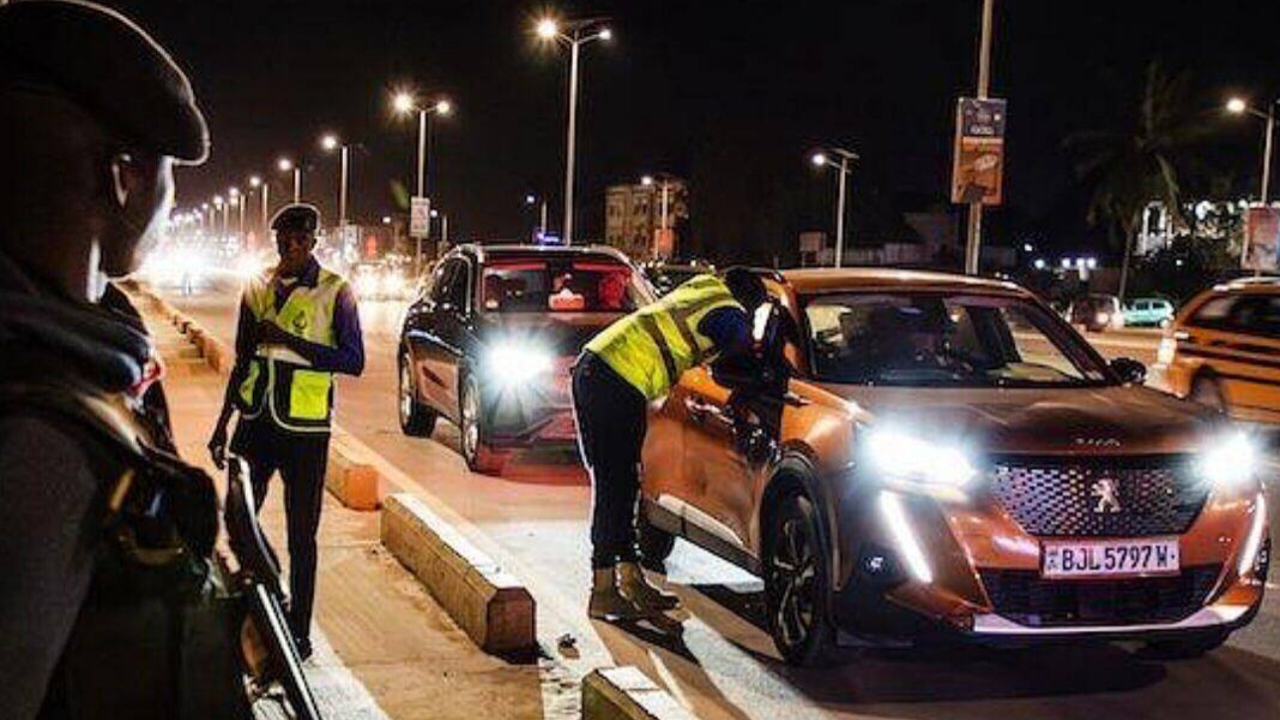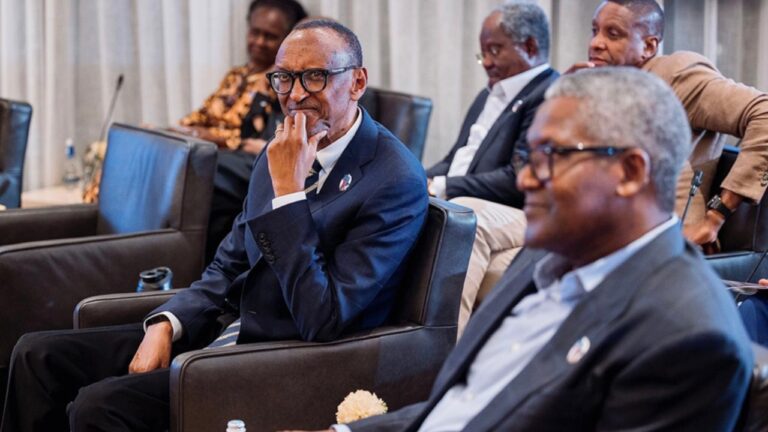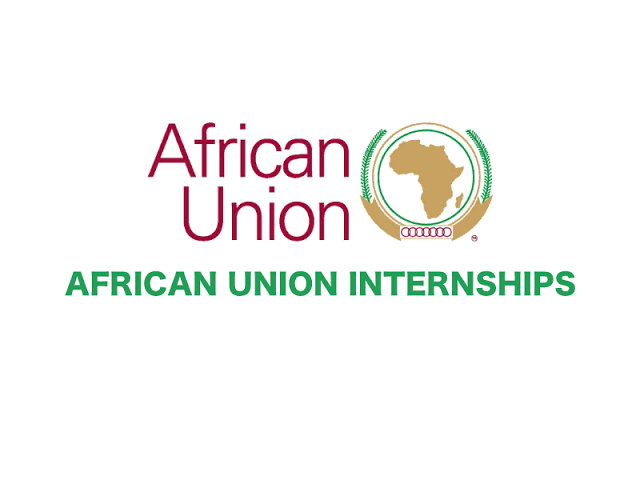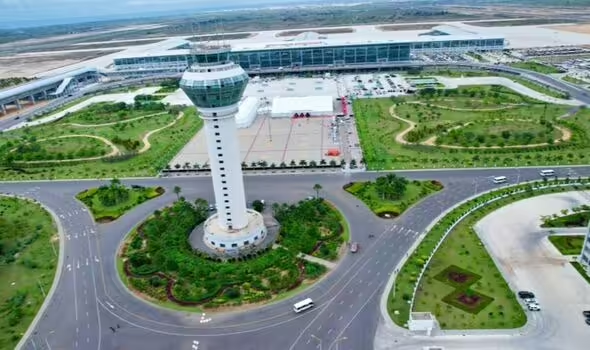INTERPOL has led a successful crackdown on vehicle trafficking in West Africa, identifying around 150 stolen vehicles and seizing more than 75.
The two-week operation, called Safe Wheels, ran from 17 to 30 March. Law enforcement agencies in 12 West African countries took part. They launched 18 new investigations and uncovered two organized crime groups behind the trafficking.
Most stolen vehicles came from Canada. Others were reported missing in France, Germany, and the Netherlands. INTERPOL’s Stolen Motor Vehicle (SMV) database helped officers verify vehicle status quickly.
David Caunter, INTERPOL’s Director of Organized and Emerging Crime, said the database plays a key role in fighting transnational crime.
“Vehicle theft is often just the beginning,” he said. “Stolen vehicles are traded for drugs and weapons, enriching criminals and even terrorists.”
Vehicles Found in Nigeria
Law enforcement checked 12,600 vehicles at about 46 checkpoints each day. They used the SMV database to identify stolen cars. Toyota topped the list, followed by Peugeot and Honda.
Traffickers used both land and sea routes. In Lagos, Nigerian Customs officers inspected containers from Canada. They found six cars—Toyota and Lexus models—with signs of break-in. The SMV database confirmed all six were stolen in Canada in 2024.
Nigeria is now working with Canada’s INTERPOL office to continue the investigation.
Canada Backs INTERPOL’s Operation
INTERPOL deployed nine experts to support officers in Benin, Cape Verde, Gambia, Ghana, Nigeria, and Togo. A Canadian vehicle identification expert joined them.
Operation Safe Wheels falls under Project Drive Out, a joint initiative between INTERPOL and the Canadian government. It targets vehicle theft and illegal spare part trade. Canada provided funding for the operation.
Countries involved were Benin, Burkina Faso, Cape Verde, Côte d’Ivoire, Gambia, Ghana, Guinea-Bissau, Mali, Mauritania, Niger, Nigeria, and Togo.




